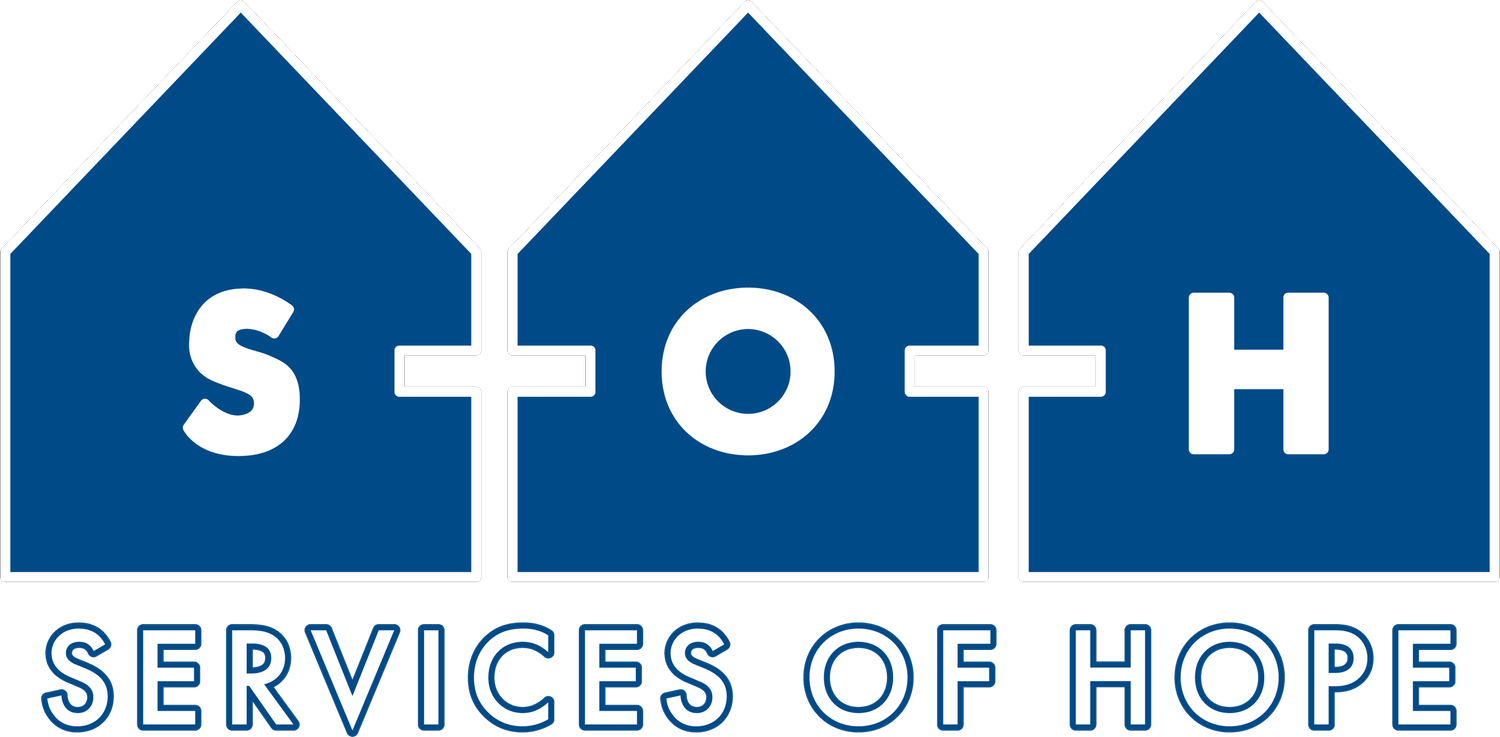Poverty In Dallas
Dallas, Texas, often referred to as the "Big D," is known for its vibrant culture, booming economy, and thriving metropolitan lifestyle. However, beneath the glitz and glamour, a significant portion of its population struggles with poverty. In this blog post, we will delve into the poverty rate in Dallas, explore the root causes, and discuss potential solutions to address this pressing issue. We'll also highlight the efforts of "Services of Hope" in helping those in need.
Understanding the Numbers
As of my last knowledge update in September 2021, the poverty rate in Dallas was slightly above the national average, with approximately 19.4% of the city's population living below the poverty line. It's important to note that these statistics may have changed over time, so it's crucial to refer to the latest data from local government agencies or reputable research organizations for the most up-to-date figures.
Factors Contributing to Poverty
Income Inequality: Dallas has been grappling with significant income inequality, which has contributed to the high poverty rate. While the city has a robust job market, many low-wage workers struggle to make ends meet. The cost of living in certain areas of Dallas can be prohibitively high for those earning minimum wage or slightly above.
Lack of Access to Education: Limited access to quality education and educational resources can perpetuate the cycle of poverty. In Dallas, disparities in educational opportunities exist, with some neighborhoods having better-funded schools and more experienced teachers than others.
Housing Insecurity: The lack of affordable housing is another critical factor contributing to poverty in Dallas. Skyrocketing housing costs, coupled with a shortage of affordable housing units, make it challenging for low-income individuals and families to secure stable shelter.
Addressing the Issue
Investing in Education: To break the cycle of poverty, Dallas must prioritize education. This includes ensuring equitable funding for schools, improving the quality of education in underprivileged neighborhoods, and expanding access to early childhood education programs.
Affordable Housing Initiatives: The city can work to increase the availability of affordable housing through various initiatives, such as subsidies, rent control, and partnerships with nonprofit organizations. Additionally, stricter regulations on housing affordability could help stabilize the housing market.
Workforce Development Programs: Offering job training and workforce development programs can empower individuals to acquire the skills needed for higher-paying jobs. These programs should be tailored to the specific needs of Dallas's job market.
Services of Hope's Role
Services of Hope is a local nonprofit organization dedicated to helping those in need in the Dallas community. Our mission is to provide essential support and resources to individuals and families facing poverty and its associated challenges. Here's how we strive to make a difference:
Emergency Assistance: Services of Hope offers emergency financial assistance to individuals and families facing immediate crises, such as eviction or utility shut-offs. We provide a safety net for those in dire need.
Food Security: We operate food banks and distribution centers throughout Dallas to combat hunger. Our goal is to ensure that no one in our community goes to bed hungry.
Educational Programs: Services of Hope runs educational programs aimed at improving the skills and employability of individuals in poverty. We offer courses on resume building, job search strategies, and interview preparation.
Affordable Housing Support: We collaborate with housing agencies and landlords to help low-income individuals secure safe and affordable housing.
Conclusion
While Dallas may be renowned for its thriving economy and bustling city life, it also faces significant challenges related to poverty. Tackling poverty requires a multi-pronged approach, addressing issues such as income inequality, education disparities, and housing insecurity. "Services of Hope" plays a vital role in this effort by providing essential services and support to those in need, helping to build a brighter future for our community. It's a journey that requires the collective effort of the community, policymakers, and organizations like ours, but together, we can make a positive impact and create a more equitable and prosperous Dallas for all its residents.
